Imperial College London: against COVID-19 University
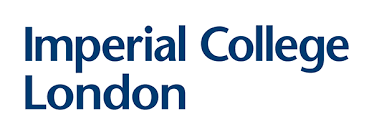
Entity: Imperial College London
Category: University
Description: Imperial College London (legally Imperial College of Science, Technology and Medicine) is a public research university in London. Dating back to the Royal College of Chemistry's foundation in 1845, Imperial grew out of Prince Albert's vision of an area for culture, including the Royal Albert Hall, Imperial Institute, numerous museums, and the Royal Colleges that would go on to form the college. In 1907, Imperial College was established by Royal Charter, merging the Royal College of Science, Royal School of Mines, and City and Guilds College. In 1988, the Imperial College School of Medicine was formed by combining with St Mary's Hospital Medical School. In 2004, Queen Elizabeth II opened the Imperial College Business School.
Imperial College London's projects will receive £14 million from a £25 million government research investment and include backing the development of a vaccine.
1. Project: Pregnancy outcomes
Research work includes efforts to better understand some specific scientific questions as to how COVID-19 affects early pregnancy, fetal growth, prematurity and virus transmission to the baby. The researchers will construct a registry of women with suspected and confirmed COVID-19.
Professor Christoph Lees and Dr Ed Mullins, Imperial College London, working with colleagues at Cardiff University and the International Society of Ultrasound in Obstetrics and Gynecology (ISUOG). This project is funded by UKRI and NIHR with £0.3 million.
2. Project: Robotic rtPCR technology testing
Summary: One lab at Imperial College London is poised to double current SARS-CoV-2 testing capability in the UK. Paul Freemont and colleagues have repurposed their high-throughput, robotic rtPCR technology to crank out up to 10,000 tests per day. Prior to this, the whole of the UK was completing about 10,000 tests a day.
3. Project: COVID-19 Genomics UK (COG-UK) Consortium
Summary: Imperial College is member of the 'COVID-19 Genomics UK (COG-UK) Consortium', a collaboration between the NHS, Public Health England and other UK public health agencies, the Wellcome Sanger Institute, University of Cambridge and other academic institutions. The COVID-19 Genomics UK (COG-UK) Consortium aims to increase the current capacity for SARS-CoV-2 genetic sequencing in the UK. This sequencing data will be used to understand the epidemiology and spread of the virus, and to monitor and evaluate interventions for COVID-19. SARS-CoV-2 genomic data will be integrated with NHS electronic health records and other existing genomic data to generate insights into susceptibility to COVID-19. From within the DPHPC, Professor John Danesh is a member of the COG-UK Steering Group, Dr Ewan Harrison will serve as the Scientific Project Manager and Dr Michael Chapman will lead the health informatics component.
Contributors:
Professor Neil Ferguson, Faculty of Medicine, School of Public Health
Dr Erik Volz, Faculty of Medicine, School of Public Health
+ Members:
Belfast Health and Social Care Trust, Regional Virus Laboratory
Cardiff University
EMBL-EBI (European Bioinformatics Institute)
Genomics England Limited
Genomics Partnership Wales
Advanced Research Computing at Cardiff
Supercomputing Wales
Public Health Wales NHS Trust
Imperial College London
MRC-University of Glasgow Centre for Virus Research
Public Health Agency
Public Health England
Public Health Scotland
Public Health Wales NHS Trust's Pathogen Genomics Unit
Quadram Institute
Queen's University Belfast
The Centre for Genomic Pathogen Surveillance
University College London
University of Birmingham
Queen's University Belfast, Genomics Core Technology Unit
Francis Crick Institute
University of Edinburgh
University of Exeter
Northumbria University
University of Nottingham
University of Oxford
Big Data Institute
University of Portsmouth
Portsmouth Hospitals NHS Trust
University of Sheffield
Sheffield Teaching Hospitals NHS Foundation Trust
Wellcome Sanger Institute
West of Scotland Specialist Virology Centre
NHS Greater Glasgow and Clyde
University of Cambridge:
Department of Veterinary Medicine
Cambridge University Hospital NHS Foundation Trust
Department of Medicine
Division of Virology, Department of Pathology;
Department of Pathology
Cambridge Institute for Therapeutic Immunology and Infectious Disease
4. Project: BIA industry-led vaccine manufacturing taskforce
Summary: Working closely with the Government and reporting directly into the Chief Scientific Advisor, Sir Patrick Vallance. The vaccine manufacturing group will consider any COVID-19 vaccines or therapies which emerge, regardless of whether the vaccine or therapy is UK or internationally based and look to help where it can. The industry-led vaccine manufacturing group began from conversations between Steve Bates OBE, Chief Executive of the BIA and key members of the life sciences manufacturing community, in early March. From these discussions, the BIA issued a UK manufacturing capacity audit which assessed UK capability to rapidly scale up any vaccine candidates and COVID-19 therapies. The group is a collaboration of the public sector, private sector companies, academia and universities, building on the UK’s world leading science base and is chaired by Ian McCubbin OBE, former VP for Global Manufacturing and Supply at GlaxoSmithKline.
The group is currently supporting the Jenner Institute’s adenovirus vaccine candidate at the University of Oxford, led by Dr Sandy Douglas, with Professor Sarah Gilbert and the Clinical BioManufacturing Facility. There has been a successful bid to UKRI in partnership with BIA members Pall, Fujifilm, Cobra, Cell and Gene Therapy Catapult, the Vaccines Manufacturing Innovation Centre (VMIC) and Oxford Biomedica to develop rapid scale up of such a vaccine. The group is also supporting the work of Imperial College London, led by Professor Robin Shattock, where the team is working on an mRNA vaccine, and AstraZeneca is also part of the association.
5. Project: 'Coronavirus: The Science Explained'
Summary: To provide a website for the public with reliable, detailed, and up-to-date science information on COVID-19. Project details are available at the UKRI webpage. The project is led and funded by UKRI team.
Partner organisations:
University of Glasgow
MRC-University of Glasgow Centre for Virus Research
European Molecular Biology Laboratory (EMBL)
Imperial College of London
King's College London
London School of Hygiene and Tropical Medicine (LSHTM)
University of Oxford
6. Project: Antibody Testing.
Summary: Professor Richard Tedder, Imperial College London, £0.4 million from UKRI and NIHR. Using the same techniques as previously applied to Zika and Ebola, the team will develop a non-invasive test, using a sample of fluid from the mouth, to detect the immune antibodies (IgG and IgM) that indicate a person has been infected with SARS-CoV-2. They aim to develop a test within 6 months that could be used to diagnose people who have had SARS-CoV-2.
7. Project: Vaccine Development.
Summary: Prof Robin Shattock, Imperial College London, £1.7 million from UKRI and NIHR. They have developed a promising RNA vaccine. When it’s injected, it will deliver the genetic instructions to muscle cells to make the SARS-CoV-2 ‘spike’ surface protein, which should provoke an immune response and create immunity to the virus. They have modified the RNA sequence to create a stabilised version of the spike protein, which they hope will provoke the body to produce more protective antibodies. This funding will enable to them to take the vaccine through GMP manufacturing, testing in animal models for safety and efficacy, regulatory and ethical approval, and, if that’s successful, a phase I clinical trial in healthy human volunteers.
8. Project: ISARIC 4C- Coronavirus Clinical Characterisation Consortium
Summary: The ICL is a partner in the project 'ISARIC 4C- Coronavirus Clinical Characterisation Consortium'. The researchers will collect samples and data from COVID-19 patients in the UK to answer many urgent questions about the virus and provide real-time information, which could help to control the outbreak and improve treatment for patients.
Funder: Medical Research Council
Total award: £4.9m
Their questions include: Who in the population is at higher risk of severe illness? What is the best way to diagnose the disease? What is happening in their immune systems to help or harm them? What are the effects of drugs used in patients with COVID-19? How long are people infectious for and from which bodily fluids? Are people infected with other viruses (e.g. flu) at the same time? They will recruit at least the first 1,300 UK patients who agree to take part over the next year, and aim to start communicating their initial results in months.
The team’s capacity builds on planning carried out over the past 8 years as part of the International Severe Acute Respiratory Infection Consortium, and it includes co-investigators from six UK universities and Public Health England. More information is available at the UK Research and Innovation webpage.
Led by:
Kenneth Baillie (University of Edinburgh)
M.G. Semple (University of Liverpool)
Peter Openshaw (Imperial College London)
+ Partner organisations:
University of Cambridge
University of Edinburgh
University of Glasgow
Imperial College London
University of Liverpool
University of Oxford
Public Health England
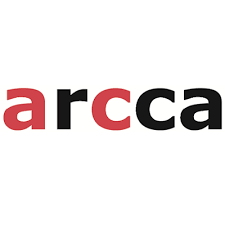

.png)

.jpeg)
.jpg)
.jpg)
%20Consortium.png)
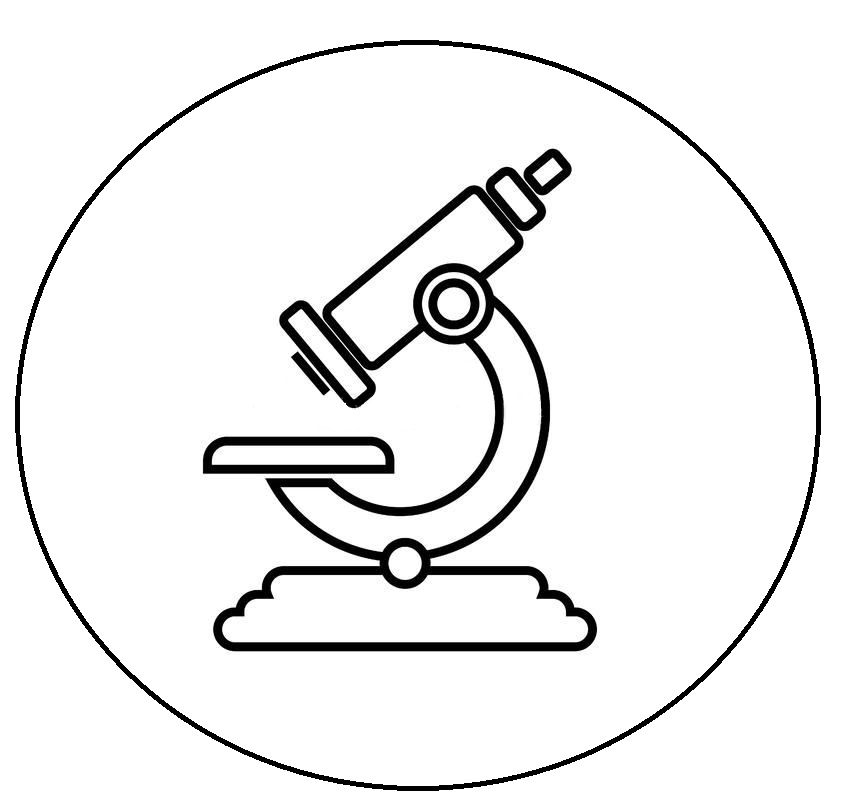
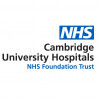
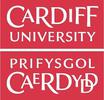

.jpeg)
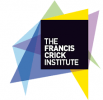
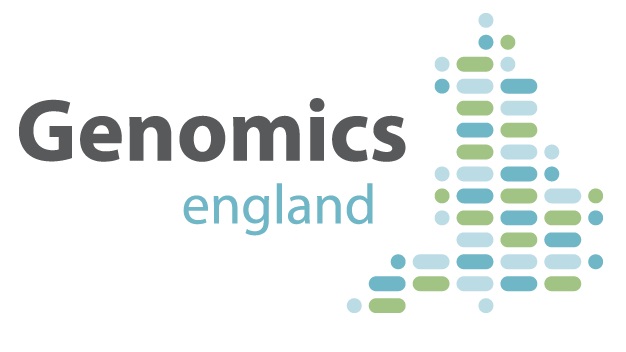
.png)

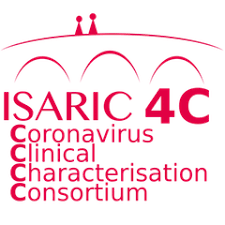

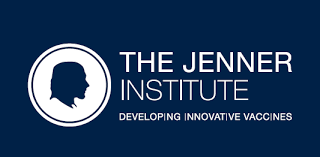
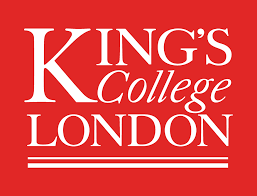
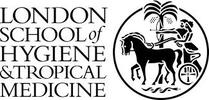
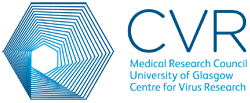
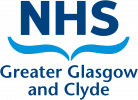
.png)
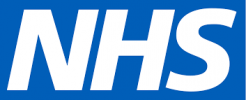
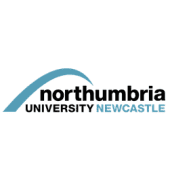


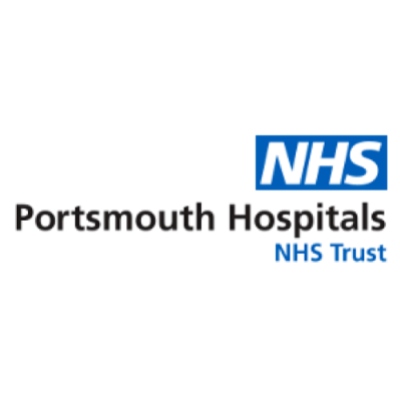
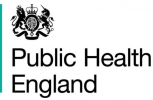
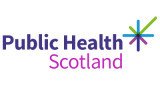
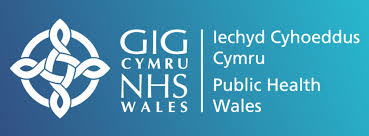

.png)
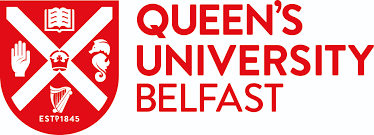
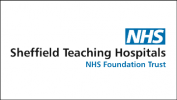


.png)


.jpg)



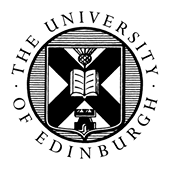

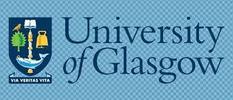
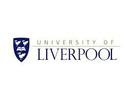
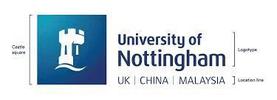

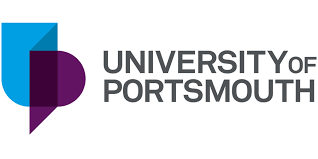
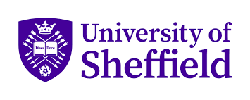
.jpg)

.jpg)

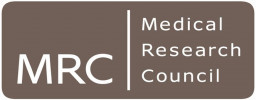
.jpg)
